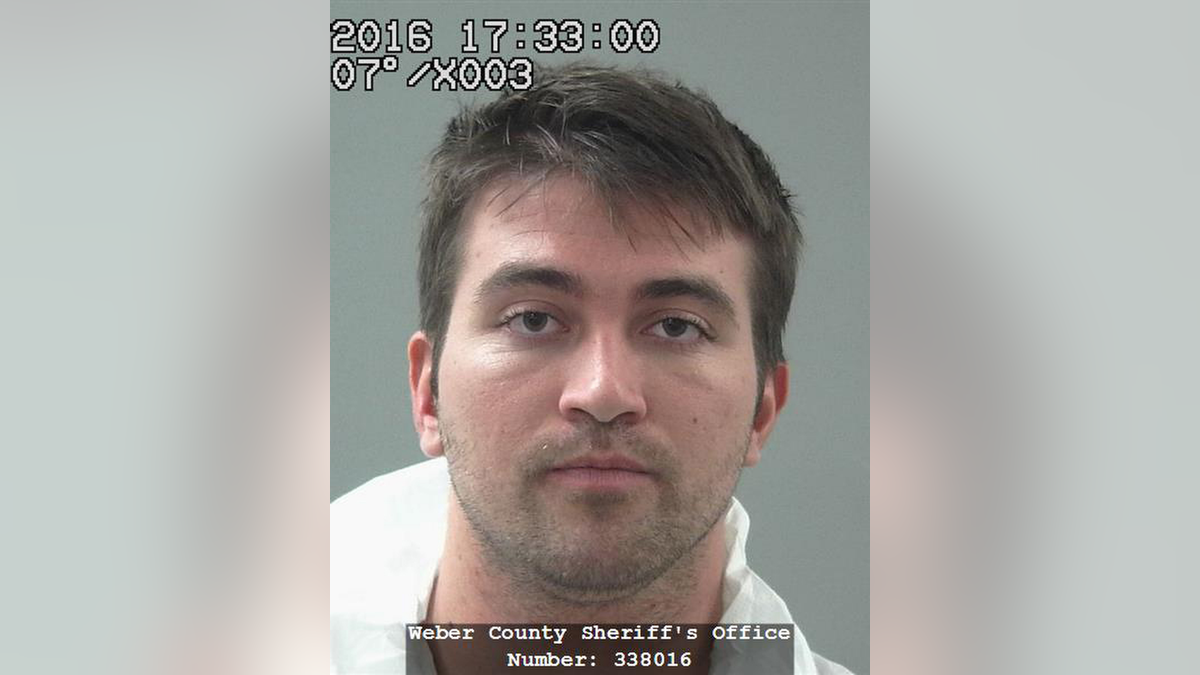
SALT LAKE CITY – A Utah man charged with running a multimillion-dollar opioid drug ring out of a suburban Salt Lake City basement pleaded not guilty Thursday in a case that authorities say ranks among the largest busts of its kind in the country.
Aaron Shamo, 27, is charged with a dozen criminal counts. He faces a possible mandatory life prison sentence if convicted on one of them, knowingly engaging in a criminal enterprise.
Shamo and a partner are accused of selling fake prescription-drug pills online on the dark web — an area of the internet often used for illegal activity — to thousands of people across the U.S., at one point raking in $2.8 million in less than a year.
Agents seized nearly 500,000 pills from Shamo's home in Cottonwood Heights, Utah, in November, court documents state. Prosecutors say the agents found guns and more than $1 million in cash stuffed in garbage bags, as well as pills made to look like Xanax, an anti-anxiety drug, and the painkiller Oxycodone.
Federal prosecutors say the pills were really fentanyl, the powerful opioid blamed for thousands of fatal overdoses, including the death of entertainer Prince. Agents are investigating possible overdose deaths connected to the drugs shipped from Utah, according to court documents.
Dozens of people were involved in the drug ring, and prosecutors expect to charge at least one more person, Special Assistant U.S. Attorney Michael Gadd told a judge during a Thursday hearing.
Alleged partner Drew W. Crandall, 30, has pleaded not guilty to three counts following his arrest in Hawaii, where authorities say he planned to marry his girlfriend after a globe-trotting trip.
The case shows how a relatively small outfit can have an outsize impact on the distribution of potentially fatal drugs as the country deals with an opioid drug epidemic, authorities say.
"These were dumb kids working out of a house in Cottonwood Heights," defense attorney Greg Skordas said.
The ring, whose members met working at an eBay facility, is accused of buying drugs from China in packaging disguised to look like pine nuts and pressing them into fake prescription drugs, according to court documents.
Four people are charged with helping package the drugs and send them to customers, often through the U.S. Postal Service in packages labeled "Jamaica Green Coffee," according to court documents. They've also entered not guilty pleas.

